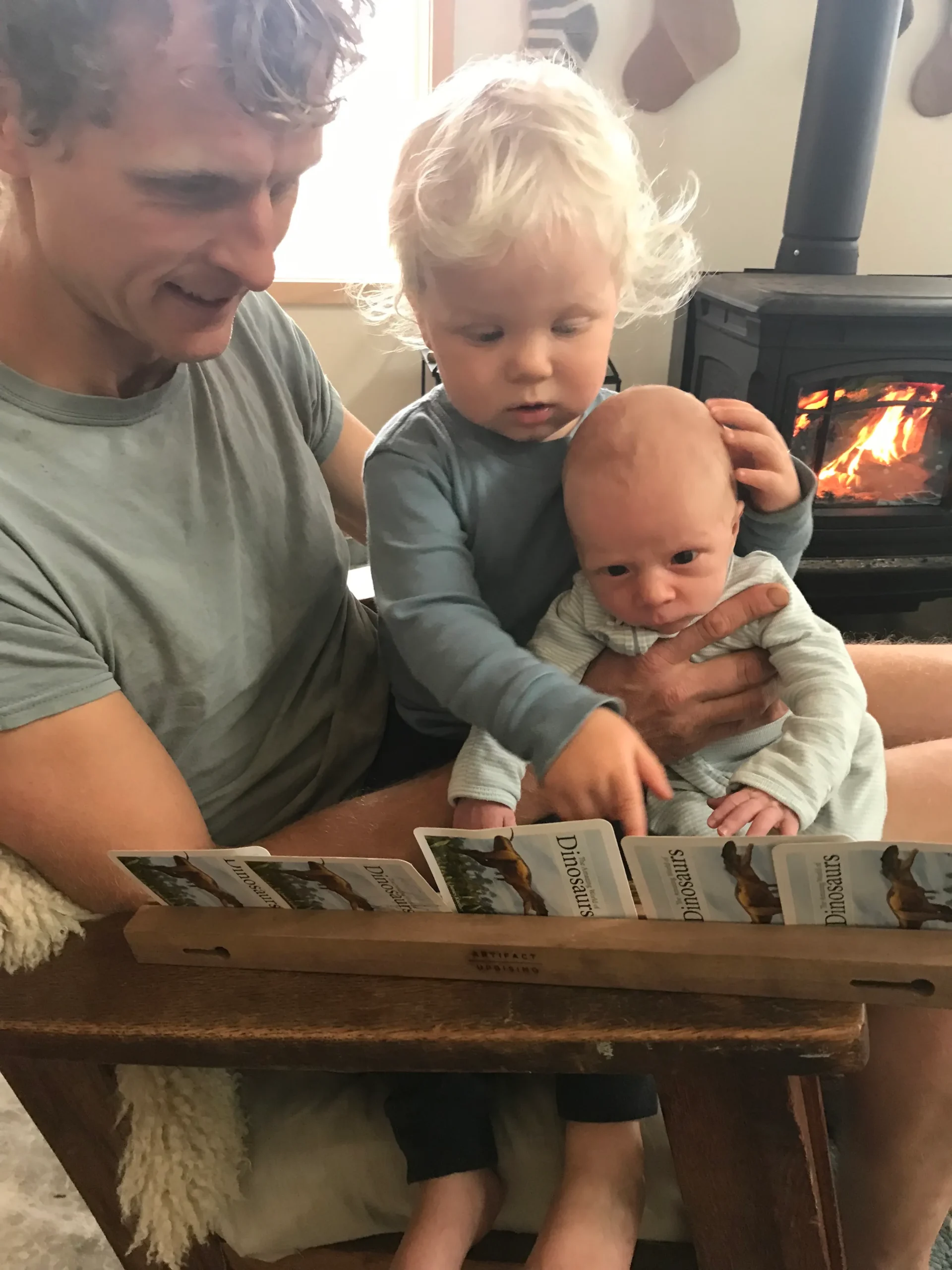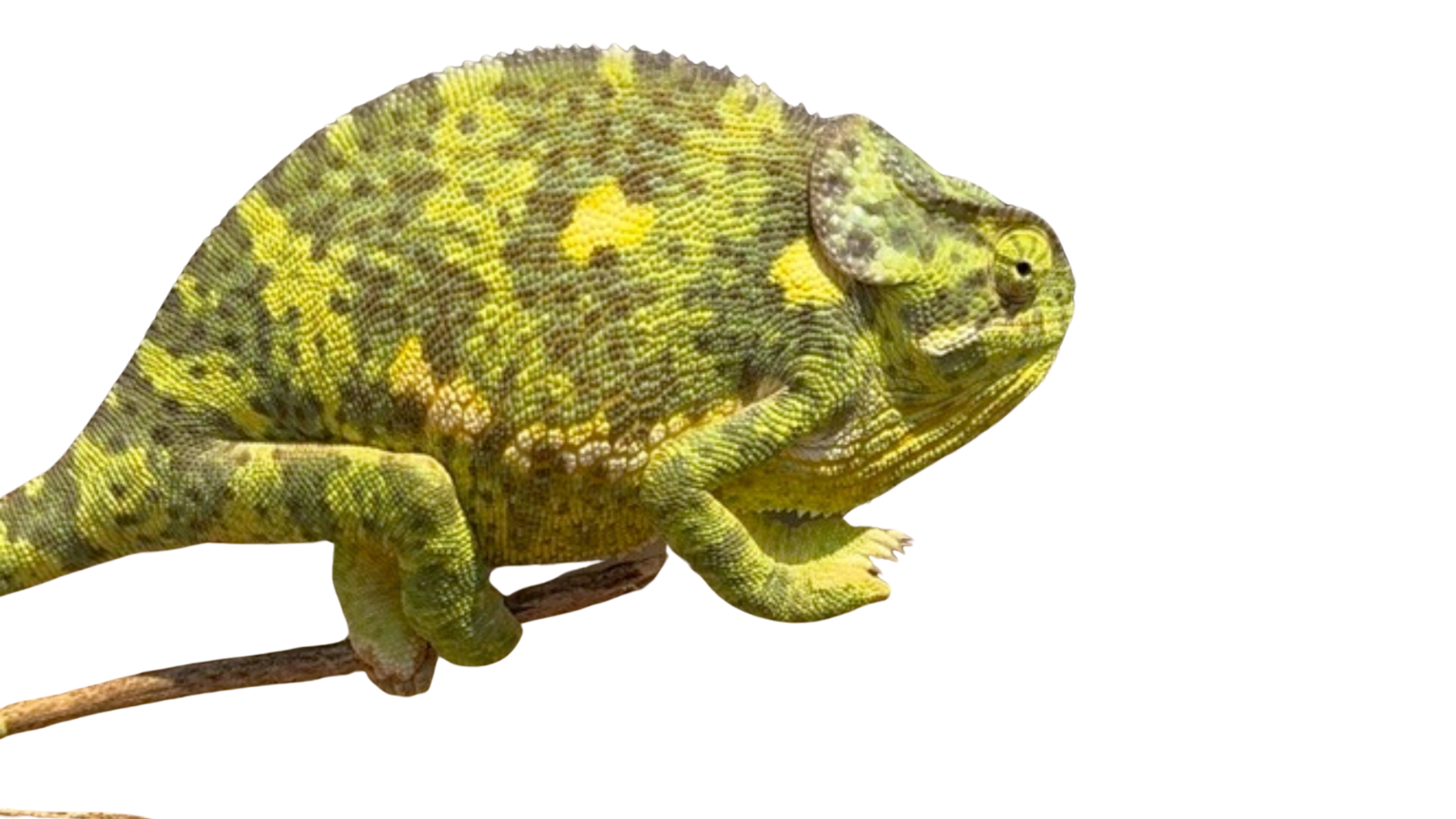Noah and Nate are going cross-eyed at Abel’s Dinosaur lessons. #tasteofmyownmedicine
I saw an article on my facebook feed about a study proclaiming that organic is worse for the climate than conventional, since organic producers are less productive so that is more carbon per bushel produced. Not unrelated I saw a post the same day, some ponytail farmer was selling raw milk and someone commented that they could buy milk at safeway for 2 dollars a gallon and so this milk was for the privileged. I really don’t spend that much time on facebook. I swear.
But first we have to do the Almanac section. Wa, wa, wa. So it’s late, let’s just get it over with. This week was mostly spent still trying to figure out my new pattern in life, being in a new house and a new baby all at once. Sometimes I did my best impression of a helpful and sensitive new age guy. Other times I threw a temper tantrum since I was not being allowed to do the work I am always complaining about having to do. As a man who lives in 2018, almost 19, I have no idea how I am supposed to behave when I have both a newborn baby that I should help with and I have a business I am supposed to grow to support that family. We increasingly find ourselves in a world where no one is given a map. We all have to navigate by the stars. That’s not always easy. But on the other hand, maps suck.
Ok, back to the task at hand, facebook. It should also be pointed out that Teslas emit more CO2, too. If everyone just kept their 1981 Geo Metro and used the money they saved to pack the rooms of their house with dry sawdust, that would have a much bigger impact on climate. In the same way, if that nameless facebook user would have sold their iphone and used the money to buy three months worth of dry rice, and would have used the time they were spending surfing facebook to work carrying firewood, than I would have an easier time accepting their criticism of organics and privilege.
Markets work by selling a premium product to someone who has the money and is willing to pay. That creates the incentive to do a better job at it and produce more, which lowers the price over time. Cars and computers are today ‘basic essentials’ of life because way back in the past privileged yahoos who didn’t need them bought them to play around with. As time goes on, organic producers will get better and that will both lower the price and the carbon footprint. Which of course is bad news for us.
I produce both organic and conventional beef and this does bring up a point that I have been musing about for a long time; if it takes so long to be good at organic, we all better be darn sure that’s how we want to spend our time. It is important to remember that the doctrine of organics were codified back in 1959. We have learned a lot about ecosystems in that period and frankly, organic is not really what I would call a recipe for ecosystem health. As I’ve said before, I would postulate that healthy ecosystems are the only sure route to healthy food, etc.
So then, what comes next?
Next week we are going to get back in the swing of things and dig into my latest light reading.
The series will be called History of Herbivory. If anyone has ideas for groups, platforms, forums, etc, that might be interested in that discussion, let me know.

